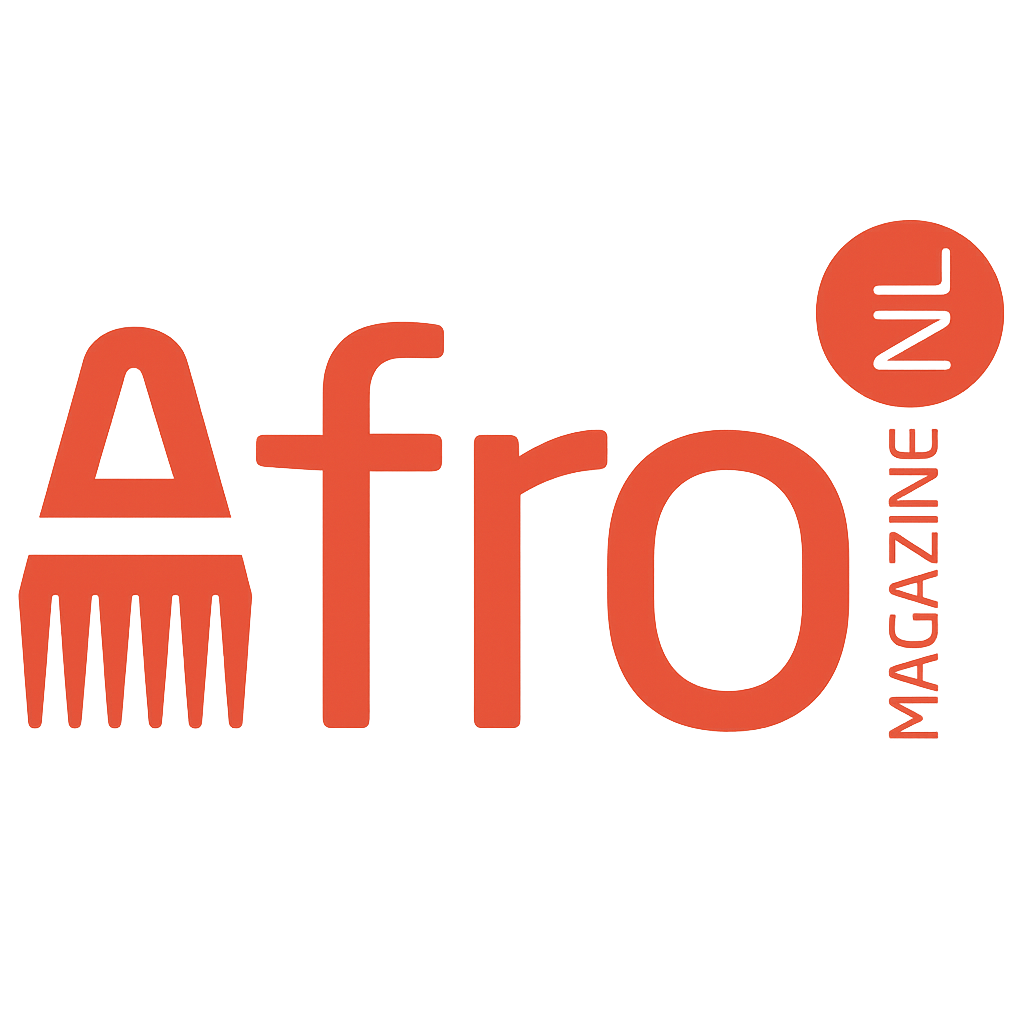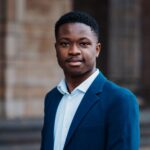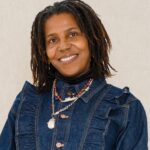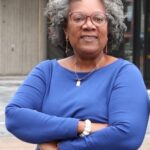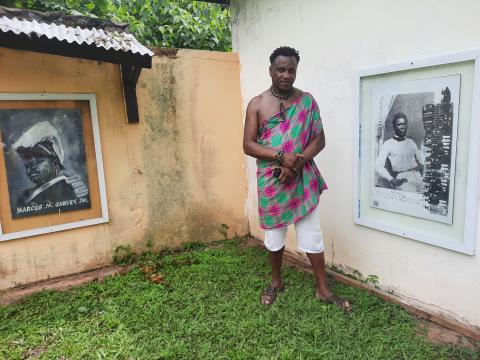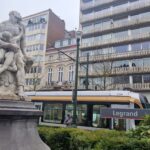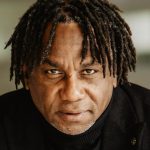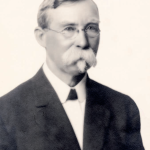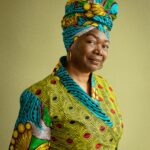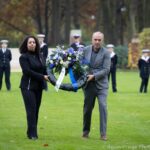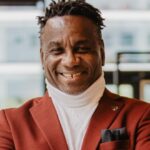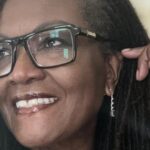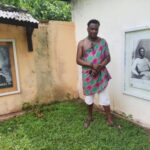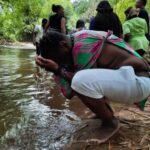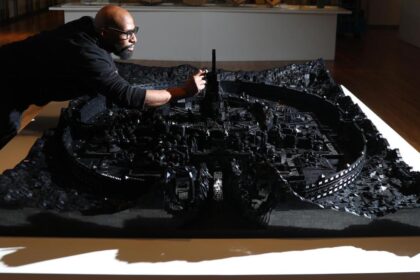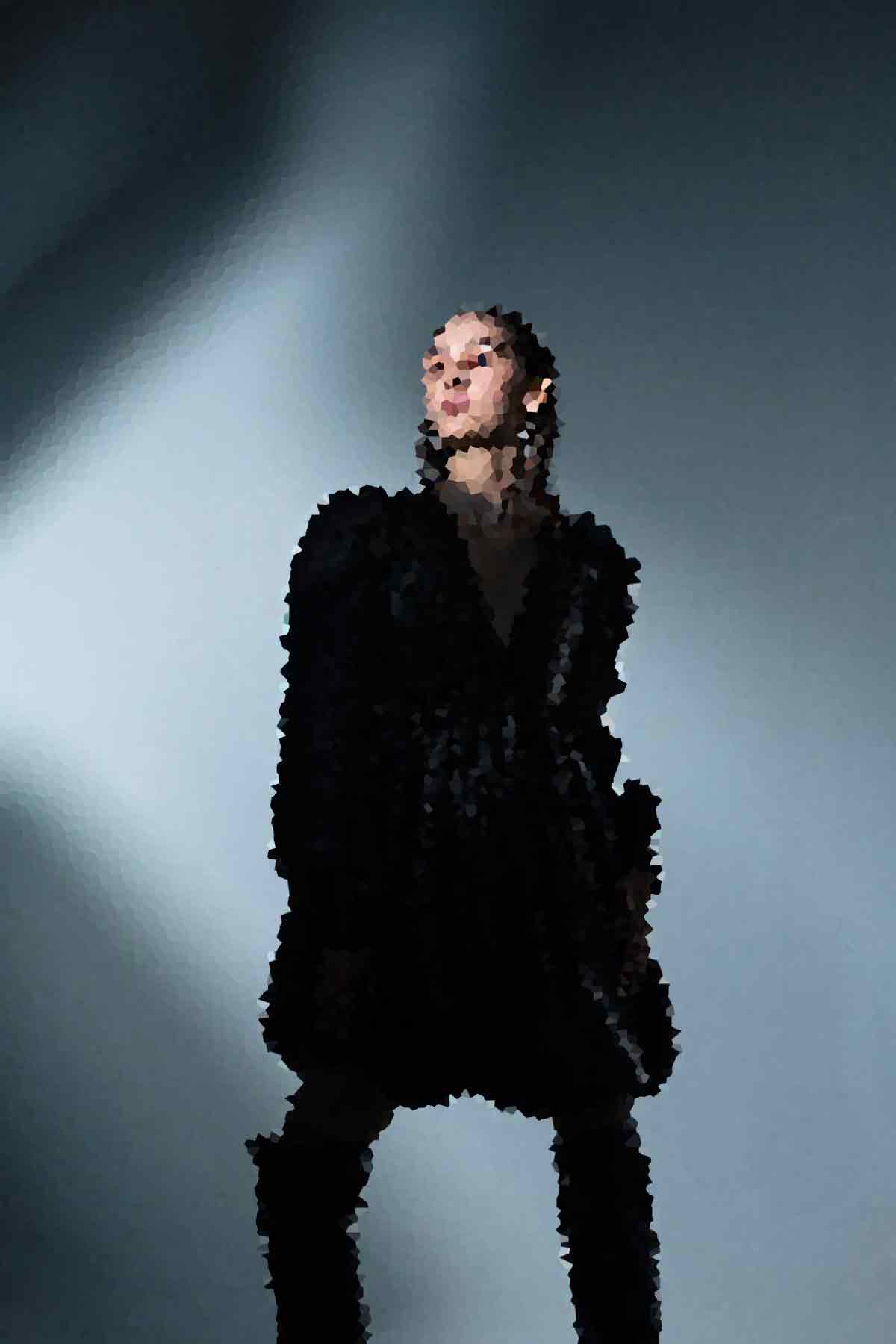Sommige ervaringen zijn niet te beschrijven. Als je het toch zou pogen zou je misschien elementen tekortdoen of belanden in een stroom van superlatieven die de belevenis dan weer cosmetisch en goedkoop zouden doen overkomen.
Je vlucht dan schouderophalend in een “Je had er gewoon bij moeten zijn” houding, maar dat doet het allemaal dan weer teniet, omdat die ervaring WEL gedeeld moet worden, zodat andere mensen geinspireerd raken om hem ook te gaan hebben.
Ghana is onze Mekka.
Iedere Zwarte persoon die voortgekomen is uit Afrikanen die zijn gestolen uit Afrika, moet eens naar Ghana!
Onze voorouders zijn van overal toe naar dit punt in West Afrika gesleept. De verschrikkingen die ze moesten doorstaan voordat ze letterlijk door de Door of No Return gedrukt werden, ga ik niet hier beschrijven; dat doe ik elders.
Ze gingen erdoorheen, naar plekken aan de andere kant van de wereld waar zij niet voor gekozen hadden en ze brachten ons voort, tegen alle verwachtingen in, ondanks de hardship, en vernedering en pijn die ze drie eeuwen lang moesten overleven.
Maar dit gaat daar niet over.
Dit gaat over onbeschrijvelijke trots.
Ghana zou verplichte kost moeten zijn voor iedere nakomeling, net zoals het voor de Moslims aanbevolen is om tenminste een keer naar Mekka te reizen.
In Ghana vind je broers en zusters
Jezelf
De kans dat je mooie dingen vindt wanneer je mooie dingen zoekt … is groot
Ghana is onze Mekka
Naar Ghana ga je niet; naar Ghana ga je terug.
Het land is adembenemend
De mensen zijn authentiek en veerkrrachtig
Het bruist er van ondernemerschap en er liggen kansen voor het oprapen voor degenen die de westerse hype weten te overstijgen en goud weten te herkennen.
Ik ben er voor het eerst, maar ik herken zoveel intrinsiek.
Ik voel me thuis tussen alles alsof ik er altijd geweest ben.
Ik ben er niet voor het laatst.
Zie je, ik belandde toch in superlatieven.
Er is nog zoveel te schrijven.
Ik mocht gisteren Kapten Broos op een plek plaatsen tussen andere vrijheidsstrijders.
De betovergrootvader die ik deel met mijn moeder en tante, mijn broers en zus, mijn ontelbare neven en nichten, onze kinderen.
Ik stond daar ongevraagd namens hen en alle andere nakomelingen die er nog tussen ons zijn en zij die ons voorgingen.
Iemand reageerde elders dat we Afo Broos geen Kapten moeten noemen, maar Granman, Koning. Ik was het daarmee eens.
Dat zei ik ook in mijn speech:
Until the tales of the hunt are told by the lion, they will always favor the hunter We were lions
We are lions I wrote about this yesterday.
How history is fickle. How it only keeps certain people alive. Because we as Africans from outside of Africa often do not get to write our history. We should start telling it.
I was 35 or so when I first heard of Kapten Broos. Nobody in my family told me about him, but they made sure that I got my western education! Priorities eh.
Kap’ten Broos: A fearless leader who chose freedom in the forest over bondage. He chose a hard life because being in servitude would be harder.
Kapten Broos
Captain Broos
This morning I saw someone demand that we call him granman KING And that person was right Broos was a king Kings conquer Kings build kingdoms Kings rule Kings don’t back down.
Never.
King Broos never did.
Today is one of those days when we get to write our own hero into history. We get to give him a spot among other Kings and Queens who withstood, who conquered, who ruled.
There’s hundreds of these stolen Africans who history has ignored and continues to ignore. So many of their victories that history has minimized and seen as bothersome.
Today Broos stands for all of them.
I’m proud to be here today Broos was my great great great grandfather.
And with me stand my mother Helouise and her sister Hilda, my brothers and sisters, all of my cousins, and our children. All the other descendants of Broos. I’m thinking of my aunt Hortence Deekman who helped me prepare for here and of the painter Remy Jungerman who made this artwork from Kapten Broos’ picture.
Those who are no longer with us in the flesh are all here with me today
There’s a legend about Broos’ grandmother, Ma Amba.
It is said that she was born on the continent and fled slavery the moment she arrived in Suriname.
Her daughter Ma Uwa joined her in the forest later, where Broos was born.
The legend is that Ma Amba never died.
She just got old and one day she up and flew back to Africa.
And she was able to do that because she never ate the white man’s salt.
Those who did, could not fly away and return home.
Today we bring Broos home.
A King who has now followed in his grandmother’s legacy…and flown home.
Sommige ervaringen zijn niet te beschrijven
De trots die ik voelde om hier te mogen zijn en daar te staan tussen Koning Broos en andere machtige helden, is zo’n ervaring.
